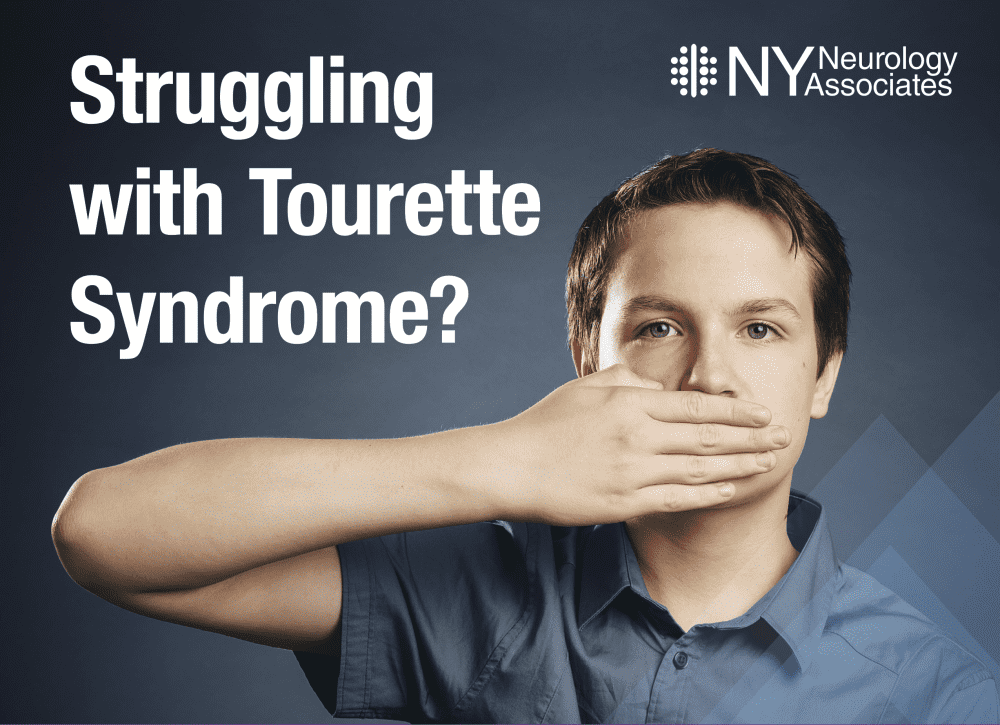
A Third of Eligible Migraine Patients Were Not Offered preventive therapy
Find out why a third of eligible migraine patients were not offered preventive therapy and
It involves preventing the immune system from destroying the brain. This research showed that with experiment in mice, immune-based treatments effectively decreased the size of brain lesions. Scientists involved with the study note that this research could help avoid brain damage from accidents and protect sports players in football, boxing, and rugby if their findings apply to humans. There are currently no treatments to prevent or undo the damage caused by a brain injury.
Researchers analyzed the theory of blows to the head causing brain damage because of a breakdown of the blood-brain barrier. This theoretically causes immune cells in the blood to reach brain cells and attack them. As a result, they theorized that if mice were missing an important component of their immune system, they would have less brain damage from an injury, while a treatment designed to block the same component of the immune system would also prevent brain damage. Given the information already presented through literature of brain cells, this hypothesis makes sense.
This specific component of the immune system is known as CD74 and is significant in the immune system’s response to agents of disease. CD74 is pat of a chain reaction that activates T cells, which usually attacked infected cells in the body. This component is broken down into parts that fit into cell surface immune response proteins. Previous research suggested these cells would attack neurons if the blood-brain barrier is compromised. CAP treatments prevent T cells from activating by fitting into the activation site and avoiding the reaction. This theory was tested in the lab on 32 mice.
Mice were first divided into different groups that had varying combinations of the following-CD74 deficient mice or control mice, a placebo brain injury or a real injury, and CAP treatments of saline injections as the control. Scientists then examined brain lesion size in the deficient and control mice after an actual brain injury and with a saline injection. Control mice with healthy immune systems experienced larger lesions, which points to the notion that the immune system may be responsible for brain cells being destroyed after a trauma. Afterwards, researchers evaluated control mice with an actual brain injury that had CAP treatments against those that received saline injections. Those that received CAP treatments had smaller lesions that were the same size as mice that had compromised immune systems, further supporting the idea that the treatment is not only successful, but that it works because it prevents the immune system from destroying the brain.
Gary Starkman

A Third of Eligible Migraine Patients Were Not Offered preventive therapy
Find out why a third of eligible migraine patients were not offered preventive therapy and

New NYNA Tourette Syndrome Study
Learn how NY Neurology Associates is advancing Tourette syndrome care with innovative treatments and a

Seizures: Understanding and Overview
Discover what causes seizures, how to recognize key symptoms, and the steps that help keep
